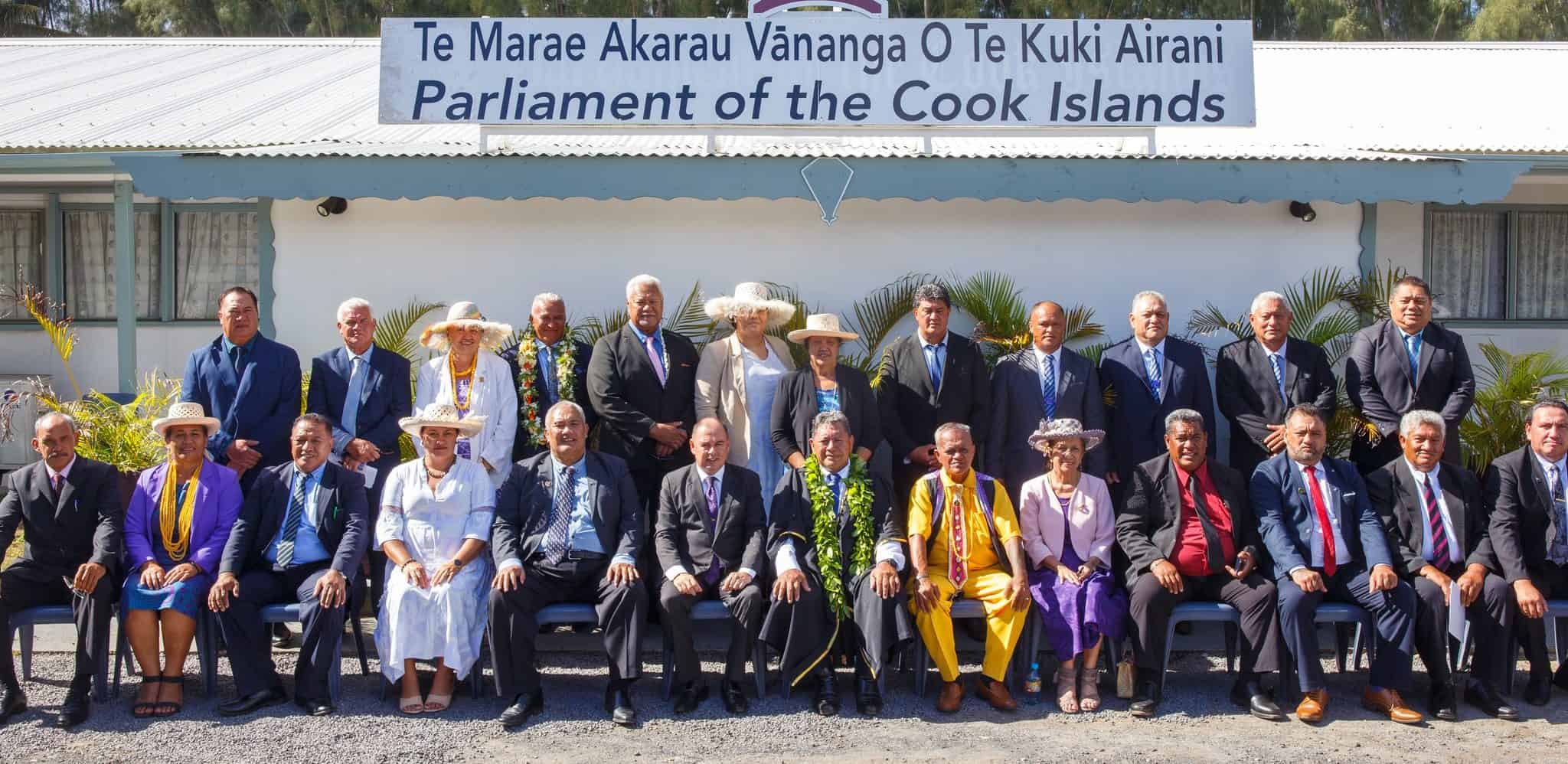Cook Islands Parliament has officially passed the Budget after a grueling two-week session.
Prime Minister Mark Brown praised the work of all parliamentarians over the past fortnight.
It was the first time the Budget had been referred to the Public Accounts Committee.
Each vote item of the Budget was then debated from 19 June through to last Thursday.
The Budget proposes overall spending of $325 million (US$199 million) for the 2023-24 fiscal year.
The biggest departments according to appropriation include Ministry of Education $20.4 million (US$12.5 million), Ministry of Finance and Economic Management $31.8 million (US$19.4 million), Ministry of Health/ Te Marae Ora $21 million (US$12.8 million) and Cook Islands Tourism Corporation $9.4 million (US$5.7 million).
It also increased the Minimum Wage from $8.50 (US$5.21 per hour to $9 (US$5.51) per hour, and it introduced a tax-free threshold of $60,000 (US$36,741) for the Pa Enua.
“It is indeed a privilege and honour to present this, my 13th Budget to Parliament,” Brown said.
“But I would have to say this is the first Budget where we received such good collaboration with all members of the House, especially the members of the Opposition.
“I think this demonstrates the maturity that members of this House have in ensuring we put the interests of the country before ourselves. I would also like to thank the finance team in preparing one of the toughest Budgets ever, it was prepared by Cook Islanders highly qualified in their field.”
The Budget, which was subtitled “Nurturing our Nation”, arrives as the Cook Islands economy is looking to rebuild after the Covid-19- enforced shutdowns of 2020 and 2021 and the re-opening of the economy in 2022.
Cook Islands United Party leader Teariki Heather said despite the lengthy time, he felt there was not enough opportunity to get into the some of the finer details.
“We had about an hour assigned to each Vote item, by the time everyone has their bit to say that’s not really enough to dig deep,” Heather said.
He said while he supported the increase in the minimum wage, as well as money set aside for increasing pay for teachers and nurses, the changes did not catch up with cost of living. “That’s a real issue for everyone on the islands,” Heather said.
